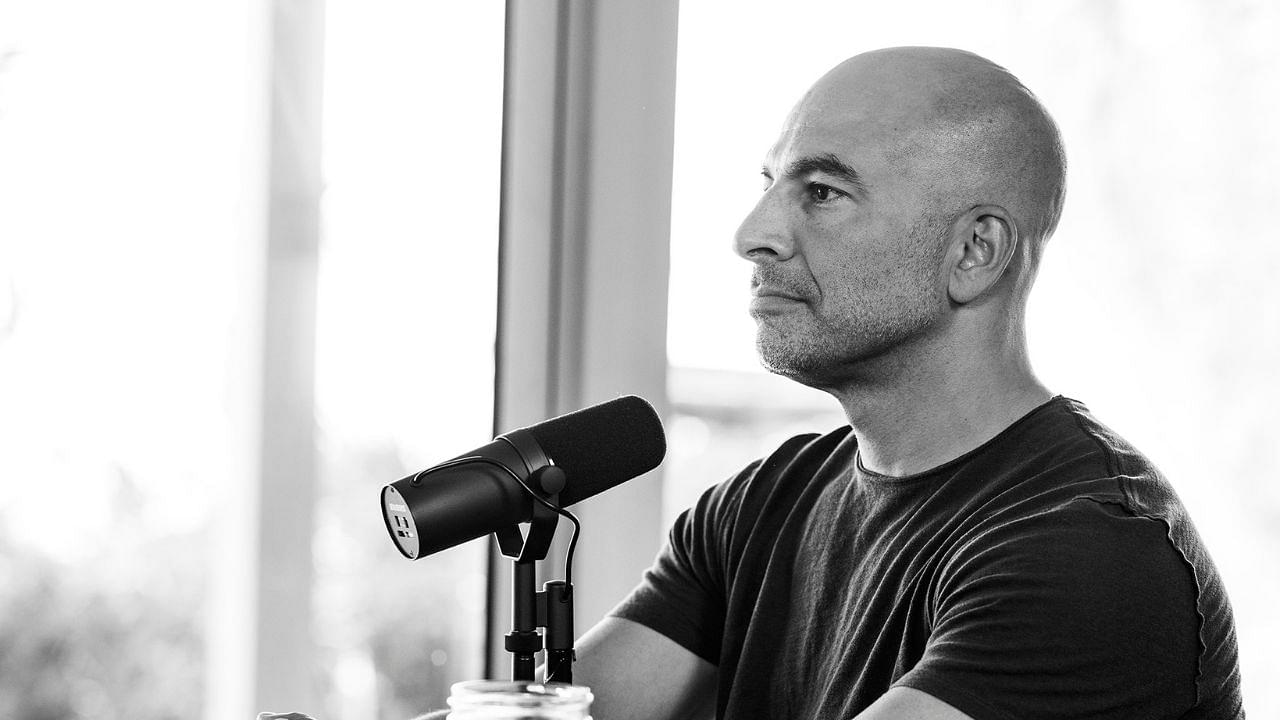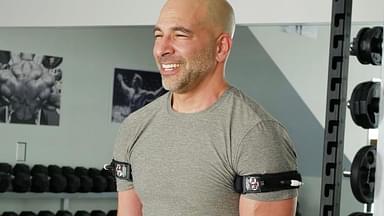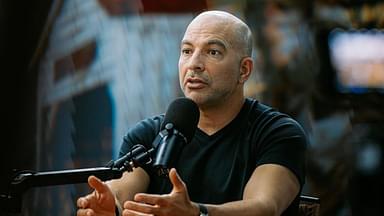With an influx of advice from influencers and well-established fitness icons online surrounding how much and how often one must exercise to get the best results, it can get overwhelming. While such scenarios could be subjective depending on the individual’s background, schedule, capabilities, and so on, Dr. Peter Attia recently devised a solution to the conundrum.
As claims of 30-minute exercise boosting one’s performance do the rounds, Dr. Attia wanted to provide more clarity on such cases. He explained that while there were studies suggesting how this showed definitive results, the context of the situation mattered. In many cases, the data derived from people for these experiments were extremely subjective.
So, how does one find the optimum time to be spent at the gym to make sure to get good results? The answer lies in the output of the experiment instead of the input data. Dr. Attia explained that while the data coming in from people could vary, the results are objective.
In a hypothetical experiment, where one would resort to surveys to collect data, Dr. Attia reasoned that ultimately, the information would be ‘garbage’ since researchers still wouldn’t get a clear look into one’s kind and intensity of exercises. Even if they were to perform the activity for 30 minutes every day religiously, there’s no guarantee of witnessing visible results.
“I…don’t have a better solution to that problem and that’s why I instead choose to focus on the outputs. Because the outputs are less subjective, obviously more objective, and the data are much clearer…”
Factors like an individual’s VO2 Max levels, muscle mass, and so on are extremely helpful in determining the optimal time for a workout. Since these determinants are always built up and not inherited, researchers can easily deem them as an experiment’s output.
“It’s dependent on one thing and one thing only, and that is how hard they exercise. That’s a person who does quite a bit of aerobic training, and at least some of it is at a high level of intensity…”
Dr. Attia also argued that even too many variables present in the environment do not affect these factors. Therefore, whether one’s socioeconomic status, background, or even the amount of cardio performed could vary, it won’t affect these determinants. In fact, VO2 Max also happens to be the best life span detector available to researchers.
Dr. Peter Attia revealed why VO2 Max measurements were crucial
The volume of oxygen consumed during intense or maximal exercise determines an individual’s VO2 Max levels. It also indicates how much oxygen can one’s cells retain while performing normal bodily functions.
It is an established fact that more oxygen in the body directly translates to better health since the element helps carry energy and fight diseases. Therefore, Dr. Attia suggests that the higher the VO2 Max, the better the chances of surviving and staying healthy for a long time.






